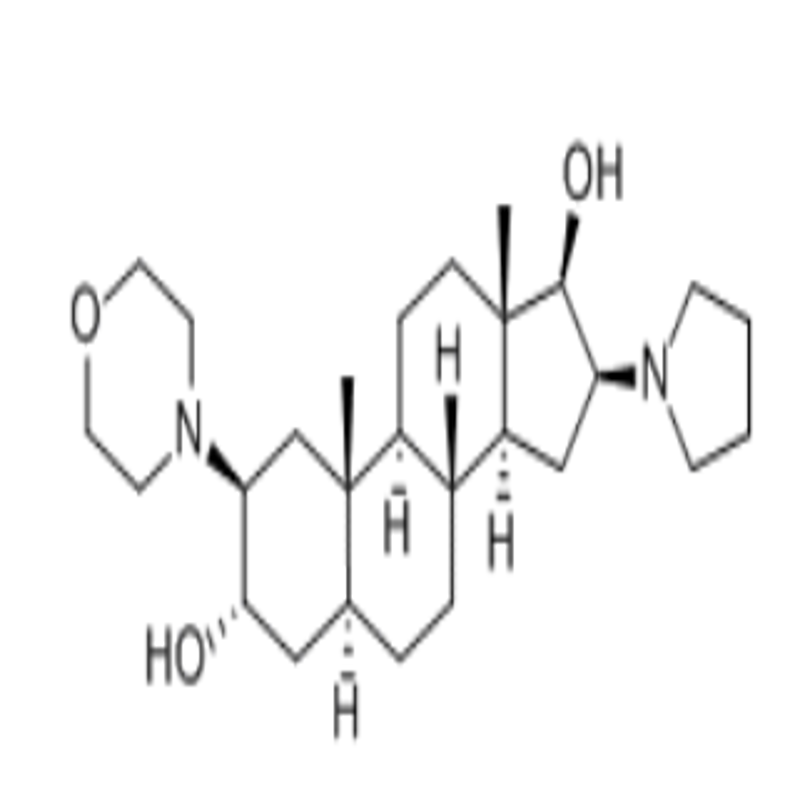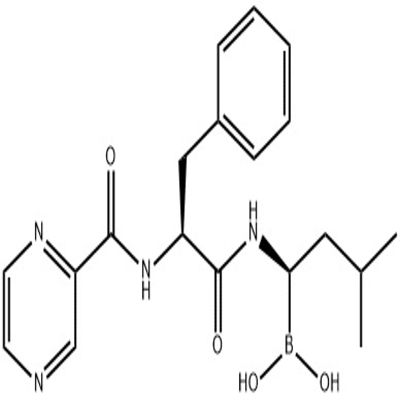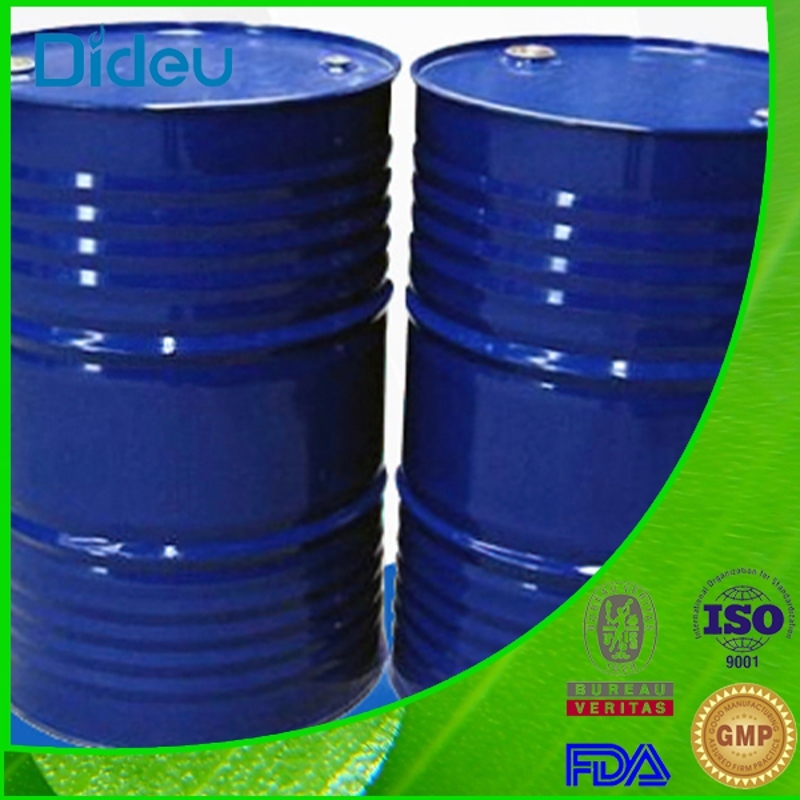-
Categories
-
Pharmaceutical Intermediates
-
Active Pharmaceutical Ingredients
-
Food Additives
- Industrial Coatings
- Agrochemicals
- Dyes and Pigments
- Surfactant
- Flavors and Fragrances
- Chemical Reagents
- Catalyst and Auxiliary
- Natural Products
- Inorganic Chemistry
-
Organic Chemistry
-
Biochemical Engineering
- Analytical Chemistry
-
Cosmetic Ingredient
- Water Treatment Chemical
-
Pharmaceutical Intermediates
Promotion
ECHEMI Mall
Wholesale
Weekly Price
Exhibition
News
-
Trade Service
Benzotrithiophene (BTR) is a synthetic chemical compound that is widely used in various industrial applications, such as in the production of dyes, pigments, and pharmaceuticals.
It is also used in the manufacture of plastics and other polymers, and as a catalyst in chemical reactions.
Due to its widespread use, it is important to understand the potential safety risks associated with BTR, particularly for workers in the chemical industry who may be exposed to the chemical in the course of their work.
Benzotrithiophene is classified as a synthetic organic compound and is known to have potential health hazards if proper safety measures are not taken.
The potential health risks associated with BTR are primarily linked to its toxic properties when it is inhaled or ingested.
One of the primary health hazards associated with BTR is its potential to cause cancer.
Studies have found that benzotrithiophene has the potential to cause cancer in humans, particularly in the case of prolonged exposure to high concentrations of the chemical.
The International Agency for Research on Cancer (IARC) has classified benzotrithiophene as a possible human carcinogen, which means that it has the potential to cause cancer in humans based on limited evidence.
Another health hazard associated with BTR is its potential to cause respiratory problems.
When inhaled, BTR can irritate the respiratory system and cause coughing, wheezing, and shortness of breath.
Prolonged exposure to high concentrations of BTR can also lead to more serious respiratory problems, such as chronic obstructive pulmonary disease (COPD) and lung cancer.
BTR is also classified as a skin irritant, and prolonged contact with the skin can lead to redness, itching, and blistering.
In severe cases, prolonged exposure to BTR can also cause skin cancer.
In addition to the health hazards associated with BTR, there are also potential environmental hazards associated with the chemical.
BTR is considered to be a pollutant, and if it is released into the environment, it can have harmful effects on both plants and animals.
To minimize the health and environmental risks associated with BTR, it is important for workers in the chemical industry to take appropriate safety measures when handling the chemical.
This includes wearing protective clothing, such as gloves and respirators, and working in well-ventilated areas.
It is also important for workers to follow proper safety procedures, such as using appropriate safety equipment and ensuring that the proper personal protective equipment is used.
Employers in the chemical industry have a responsibility to ensure that their workers are adequately trained in the safe handling and use of BTR.
They should also provide their workers with appropriate safety training and conduct regular safety inspections to ensure that appropriate safety measures are being taken.
In conclusion, benzotrithiophene is a synthetic chemical compound that is widely used in various industrial applications.
While it has potential health and environmental hazards associated with it, appropriate safety measures can be taken to minimize these risks.
Employers in the chemical industry have a responsibility to ensure that their workers are adequately trained in the safe handling and use of BTR, and that appropriate safety measures are being taken to protect the health and safety of their workers.







